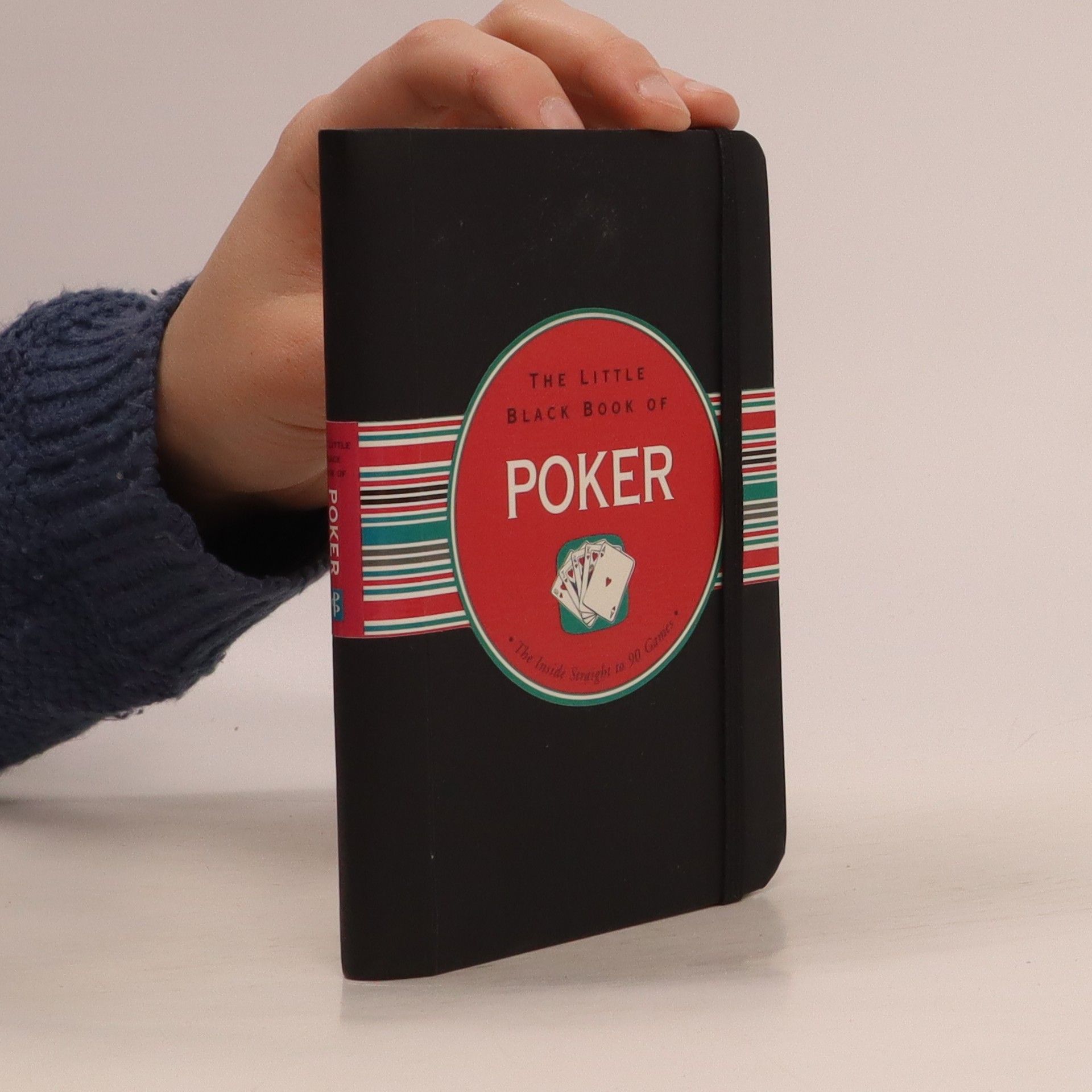This fourth edition of Communication, Cultural and Media Studies: The Key Concepts is an indispensible guide to the most important terms in the field. It offers clear explanations of the key concepts, exploring their origins, what they¿re used for and why they provoke discussion. The author provides a multi-disciplinary explanation and assessment of the key concepts, from ¿authorship¿ to ¿censorship¿; ¿creative industries¿ to ¿network theory¿; ¿complexity¿ to ¿visual culture¿. The new edition of this classic text includes: Over 200 entries including 50 new entries All entries revised, rewritten and updated Coverage of recent developments in the field Insight into interactive media and the knowledge-based economy A fully updated bibliography with 400 items and suggestions for further reading throughout the text
John Hartley Livres
John Hartley est Professeur de Sciences Culturelles et Directeur du Centre pour la Culture et la Technologie à la Curtin University de Perth, en Australie. Son travail explore l'intersection des technologies numériques avec la culture et les médias, examinant comment ces forces façonnent notre narration et nos perceptions du monde. Il étudie l'évolution des industries créatives à l'ère numérique et son impact sur notre compréhension de la vérité et de la réalité à la télévision et au-delà. Les analyses de Hartley offrent un aperçu de l'avenir des études culturelles et médiatiques, et de la manière dont nous pouvons naviguer et façonner le paysage en constante évolution de l'ère numérique.






Reading Television
- 200pages
- 7 heures de lecture
The book offers tools and techniques for viewers to critically analyze television programs and the cultural context behind them. It empowers readers to delve deeper into media content, fostering a greater understanding of the societal influences that shape television. By engaging with the material, anyone with a TV can gain insights into both the programming and the broader cultural narratives it reflects.
YouTube is one of the most well-known and widely discussed sites ofparticipatory media in the contemporary online environment, and itis the first genuinely mass-popular platform for user-createdvideo. In this timely and comprehensive introduction to how YouTubeis being used and why it matters, Burgess and Green discuss theways that it relates to wider transformations in culture, societyand the economy.The book critically examines the public debates surrounding thesite, demonstrating how it is central to struggles for authorityand control in the new media environment. Drawing on a range oftheoretical sources and empirical research, the authors discuss howYouTube is being used by the media industries, by audiences andamateur producers, and by particular communities of interest, andthe ways in which these uses challenge existing ideas aboutcultural ‘production’ and ‘consumption’.Rich with both concrete examples and featuring speciallycommissioned chapters by Henry Jenkins and John Hartley, the bookis essential reading for anyone interested in the contemporary andfuture implications of online media. It will be particularlyvaluable for students and scholars in media, communication andcultural studies.
You can bet The Little Black Book of Poker delivers the inside straight on how to survive poker night with your wallet intact! Odds are you'll pick up serious tips from its pages, which are packed with information
Out of Tune
- 86pages
- 4 heures de lecture
The anthology features a collection of poems by John Hartley, showcasing his continued exploration of themes and emotions that resonate with readers. Building on the success of his previous work, Seasonal Adjustments, this volume delves into the complexities of human experience through Hartley's unique voice and perspective, offering both depth and lyrical beauty.
Welcome to the Underachievers
- 176pages
- 7 heures de lecture
Set against the backdrop of Bolton and London, the narrative follows John Hartley, who transitions from his first band, the Irony Board, to embrace his musical alter ego, Johny Nocash. As he embarks on a journey down the M6, he seeks to redefine his life and career, exploring themes of reinvention and the struggles of an artist on the fringes of the music scene.
Seasonal Adjustments
- 70pages
- 3 heures de lecture
Exploring themes of the natural world, well-being, family, and weather, this poetry collection offers a journey through the seasons with a blend of humor and introspection. John Hartley's debut anthology captures the essence of each time of year, inviting readers to reflect on life's rhythms and experiences.
Featuring a charming blend of humor and regional dialect, this collection of poems celebrates the rich culture of Yorkshire. Authored by a native Yorkshireman, the verses vividly depict everyday life and local experiences, showcasing Hartley's talent for capturing the spirit of his homeland.
The fifth edition of this pioneering volume in Routledge's 'Key Concepts' series provides comprehensive explanations of essential concepts, exploring their origins, applications, and the reasons they spark debate. This edition continues to serve as a vital resource for understanding complex ideas, making it suitable for students and scholars alike.
The Broken Bottle
- 276pages
- 10 heures de lecture
Set against the vibrant backdrop of the late 1980s Manchester music scene, a boy named Wilf finds unexpected excitement when his quest to alleviate boredom leads him to the stage with a legendary band. However, his newfound adventure takes a dark turn when his friend Danny puts him in danger. This story explores the allure of fame and the risks that come with it, challenging Wilf to decide whether to embrace an incredible opportunity or escape the chaos it brings.